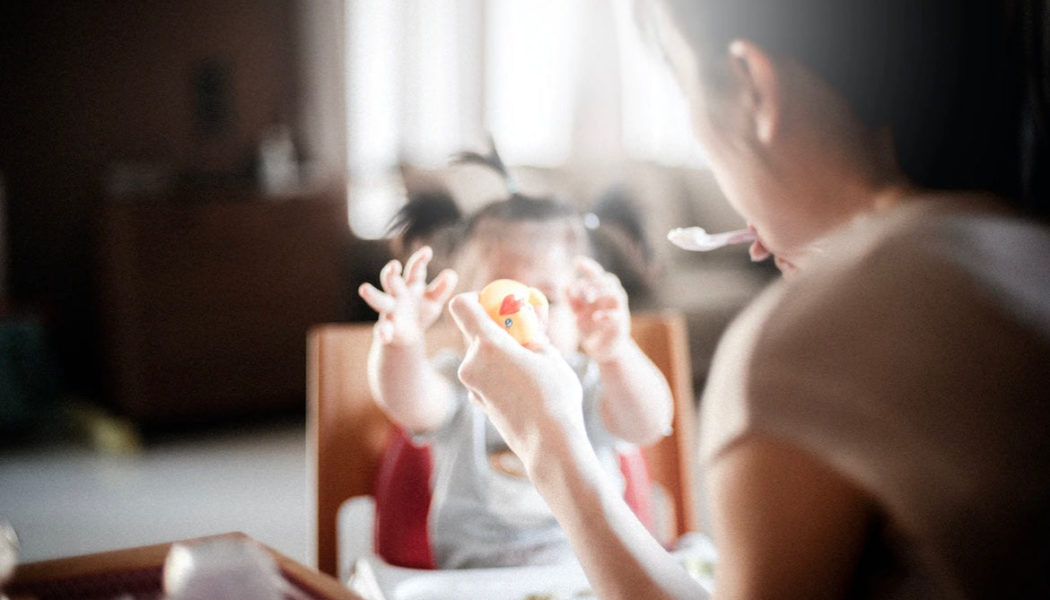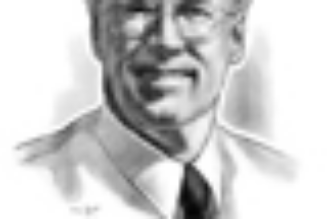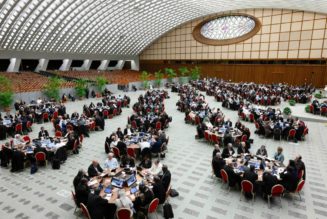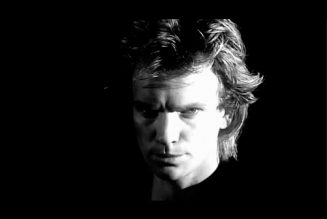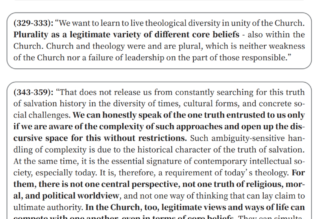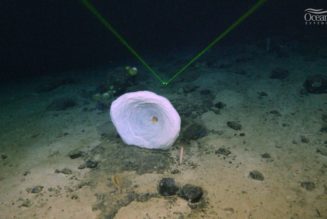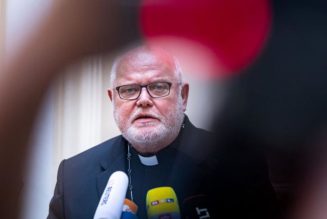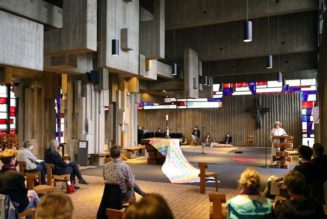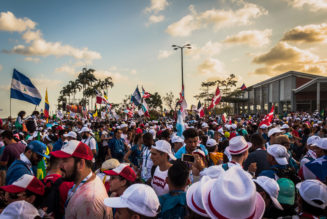
By Anne Morse-Huércanos
A good friend of mine got married at 25—the day before I started my PhD program. She quickly had a child, and then four more. Meanwhile, I went to graduate school, studied, and traveled.
She confided in me recently that she admired the “cool things” I do, and that she sometimes worried she was depriving her children of something by not having had as many “experiences.”
My initial reaction was that that was ridiculous. Then I thought about it some more, and I concluded that it was HIGHLY ridiculous. I am the daughter of an accomplished and accredited woman. And I’m here to say, that as a child, those things weren’t the most important things about my mom.
To me, my mom wasn’t an Ivy-League professor—she was the person who would clean schmutz off my face by licking her thumb and wiping it away with what she called “mom-magic”.
To me, she wasn’t the economic mastermind behind the “Rosen-Roback model”, but she certainly knew everything. She knew how to untangle knots in my hair, AND how to make different colored frostings for birthday cakes.
To me, she wasn’t a “boss woman” in a male-dominated field—she was the person with the best voices when reading bed-time stories. (Sorry, Dad, but Mom’s British accent when reading Peter Rabbit remains unparalleled.)
She wasn’t the interesting woman who was in Yugoslavia in 1991—she was the person who taught me how to load a dishwasher and how to make my bed.
To me, she wasn’t the adventurous woman with her pilot’s license—she was the person who taught me to say, “I’m sorry” and “I forgive you.”
As a child, I liked that my dad called my mom “Doc”—but not because it meant that my mom had a PhD. That credential was meaningless to me when I was little. No, I liked that my dad had nicknames for my mom, because it was one of many signs that my dad loved my mom. My mom loved him too, and they both loved me and my brother.
In short, as a child, it mattered to me that my mom was there, and that my family loved each other. This is not to minimize the benefits of having such an accomplished woman as my mother. This is simply to say that, as a child, it was secondary to the time and love my mom gave to me and my brother.
Among the many things my mom taught me, the most important was our Catholic faith. As I think about some of the prestige and respect my mom sacrificed so that she could better love me and my brother, I think about 1st Corinthians 13: “If I understand all mysteries and have all knowledge…but have not love, I am nothing. . .love never ends.” I’m a lucky child whose mother understood the primacy of love. My friend’s children are equally lucky.
Anne Morse-Huércanos has a PhD in Demography and Sociology, and her research focuses on fertility and population projections. She spends most of her non-work time either with her wonderful husband or in a Muay Thai gym. You can follow her on Twitter here: @Anne_red_head
